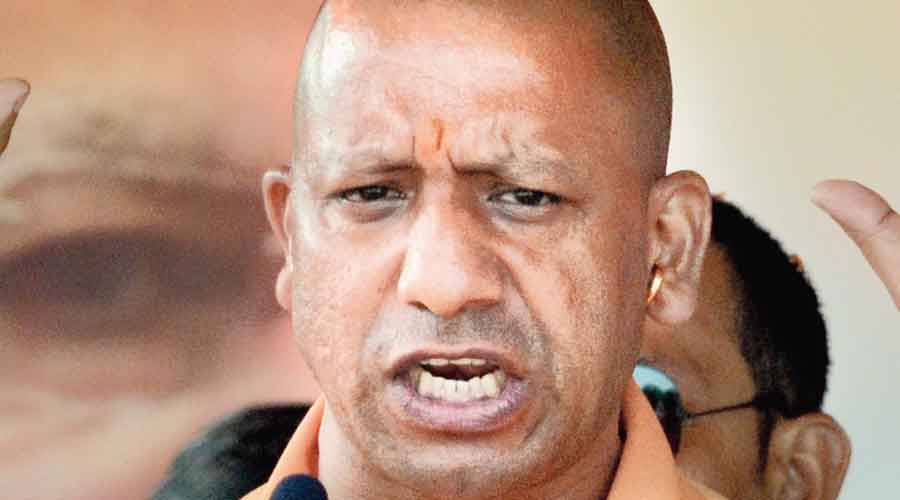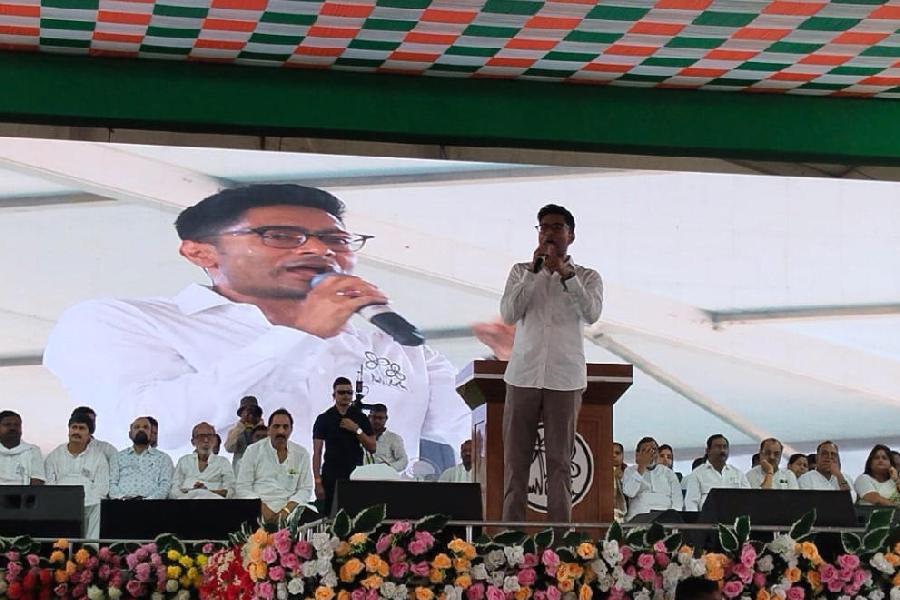The balancing act eludes the chief minister of Uttar Pradesh. The new population policy unveiled by the Yogi Adityanath government — it claims to usher in ‘balance among communities’ and lower the total fertility rate — could well turn out to be a recipe for severe imbalances. The need for this intervention remains unclear; even suspicious. The draft population (control, stabilization and welfare) bill intends to reduce the state’s TFR to 1.9 by 2030 by enforcing a two-child norm. Perhaps Mr Adityanath is unaware that UP has made significant progress — the state’s TFR declined to 2.7 in 2015-16 from 3.8 10 years ago — without radical meddling in the lives of the people on the part of the State. Such socio-economic and demographic transitions as rising literacy, reduced infant mortality, migration and so on would propel further reductions in UP’s TFR: instead of being tempted to experiment with discredited models of population control, the government needs to serve as a facilitator to augment investments in education and empowerment. The irony of the State couching this unnecessary and potentially disruptive mediation in the rhetoric of personal autonomy cannot be starker.
The draft population policy bares two significant and perpetual failures in the imagination of the Indian State when it comes to addressing the population challenge. First, it is evident that governments remain enchanted with a top-down approach instead of addressing the structural deficiencies that prevent citizens from making informed choices. That explains the implosions — on bodies and the body politic — that inevitably accompany the implementation of draconian programmes by a sterile bureaucratic corps. Second, the State remains indifferent to its criminal enthusiasm for linking welfare to exclusion. The denial of rights to people with large families, as is proposed in the draft, cannot be condoned because the State has been historically complicit in a failure that is collective.










